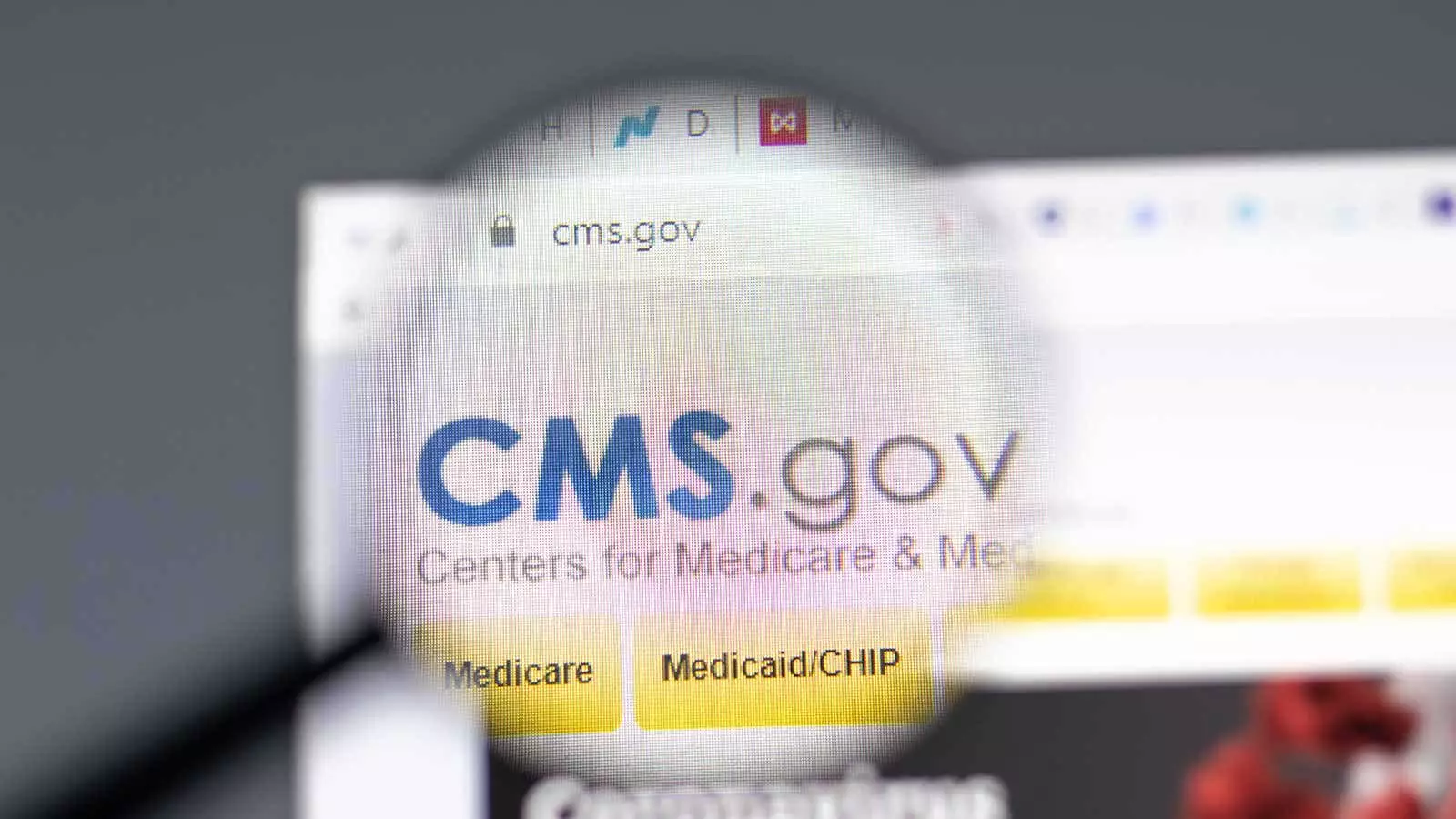The Centers for Medicare & Medicaid Services (CMS) recently unveiled a groundbreaking proposal aimed at increasing transparency surrounding Medicare Advantage (MA) plans. This rule reflects the Biden-Harris administration’s ongoing commitment to reforming healthcare access for patients enrolled in these plans. With a focus on prior authorization requirements and coverage criteria, this initiative aims not only to improve patient care but also to enhance the overall accountability of MA providers.
Prior authorization has long been a controversial aspect of health insurance, particularly within Medicare Advantage plans. While intended to control costs and ensure appropriate care, the existing practices have often led to delays and denials of essential health services. According to Dr. Meena Seshamani, Director of the Center for Medicare, 80% of denied claims in MA plans are ultimately overturned upon appeal. However, alarmingly, fewer than 4% of denied claims are actually contested by patients. This discrepancy highlights a significant barrier to access, where patients may not be aware of their rights or the procedures needed to secure necessary treatments.
This proposed rule is designed to address these barriers directly. By mandating that MA plans clearly outline their prior authorization criteria and making this information publicly accessible, CMS is taking a decisive step to empower patients. This increased transparency is expected to encourage more patients to appeal denied claims and, in turn, facilitate greater access to the care they require.
One significant aspect of the proposal is the requirement for MA plans to clarify their coverage criteria. Under the new rule, plans will need to ensure that their eligibility requirements are not only explicit but also accessible to all enrollees. This transparency is vital for patients, as it enables them to understand better the specific conditions that must be met to receive certain treatments or services. In addition, patients would receive information about their rights to appeal any denied claims, further empowering them in their healthcare journey.
Without appropriate information, patients are left navigating a dense and often confusing healthcare landscape. Thus, one of the regulations set forth is aimed explicitly at breaking down these barriers, giving patients the tools they need to advocate for their care.
While the prior authorization changes are significant, the proposal also addresses another critically important area: the updating of provider directories in Medicare Advantage. Many beneficiaries often struggle to find suitable providers or networks that meet their healthcare needs, referred to as “ghost networks.” These incomplete or outdated directories have contributed to confusion and frustration among patients, leaving them unable to locate accessible healthcare providers.
To rectify this issue, the CMS has proposed that MA organizations submit their entire provider directories to the agency. Integrating this information into the Medicare Plan Finder will facilitate a more seamless search process for beneficiaries. By enabling better comparison of available providers across different plans, seniors will be better equipped to make informed decisions based on their individual health circumstances.
The proposed rule has garnered support from influential legislators, including Senator Ron Wyden, who lauded the measures aimed at reducing the misuse of prior authorization and addressing the problem of inaccessible provider networks. This bipartisan acknowledgment signals a broader consensus on the need for reforms within Medicare Advantage, indicating a possible momentum for future healthcare policies that prioritize clarity, efficiency, and patient agency.
As of now, the proposed rule is open for public comment until January 27, 2025, creating an opportunity for stakeholders and beneficiaries alike to voice their opinions and contribute to the final regulations. It is also crucial to consider how the incoming administration might approach these changes, as the future of this healthcare policy is still uncertain.
The CMS’s proposed rule represents a significant advancement in the effort to streamline and demystify the complexities surrounding Medicare Advantage plans. By emphasizing transparency in prior authorization processes and improving access to necessary information, the rule aims to empower patients to take control over their healthcare. These changes could not only enhance patient experiences but also contribute to better health outcomes, ensuring that seniors receive the necessary care in a timely manner. Ultimately, as we move toward a more patient-centered healthcare system, this proposal stands as a testament to the commitment to reform and improve the quality of care for vulnerable populations.

Leave a Reply